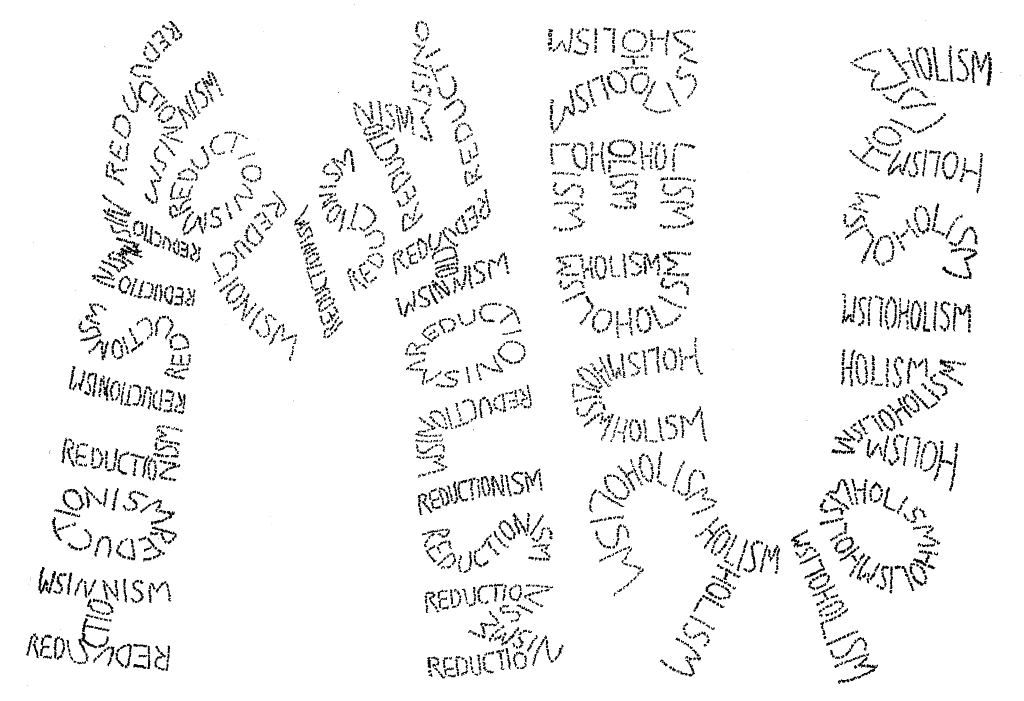A 20th-century prescriptive tradition insists that comprise and compose are antonyms looking at the part-whole relation from diametrically opposed standpoints.
Compose takes the bottom-up view. It means “constitute” or “make up.” The parts compose the whole, the tradition claims. (This use of compose is actually not very common, and a sentence like Copper and zinc compose brass sounds thoroughly unidiomatic.)
Comprise, in what I will call its original sense, looks top-down instead. It means “consist of” or “embrace” or “include.” The whole comprises the parts; brass comprises copper and zinc.
Unfortunately, for centuries the verb comprise has also been used to mean compose. I’ll call this the inverted sense. It’s well-established among respectable writers, from the late 18th century on. This Language Log post by Mark Liberman cites examples from Charles Dickens and Herman Melville. The Oxford English Dictionary gives 20th-century quotations, and Merriam-Webster’s Dictionary of English Usage supplies more, including an occurrence in a letter by Jane Austen (“Sally Fagg has a pretty figure, and that comprises all the good looks of the family”; October 14, 1813)..
Treatments of this topic nearly always mistakenly speak of is composed of and is comprised of as passives. They aren’t. Compose in its musical/literary sense does have a passive (The Moonlight Sonata was composed by Beethoven), but the part/whole sense doesn’t. Nobody says *Brass is composed by copper and zinc. Instead we get Brass is composed of copper and zinc–and there is no understood by-phrase. Here composed is an adjective, requiring (like afraid, fond, proud, etc.) an of-phrase complement.
The grain of truth in the error is that is composed of expresses the inverse of composes, hence has the original sense of comprises; so Brass is composed of copper and zinc is synonymous with Brass comprises copper and zinc.
Now things get even uglier. Comprised is also an adjective, not a passive verb, and takes an of-phrase like compose. Comprised of expresses the inverse of the inverted sense of comprise, which means it expresses the inverse of compose, so it means composed of, which is (roughly) the original meaning of comprise. So when Ashley Montagu writes “It was universally believed that mankind was comprised of a single species” (in Man’s Most Dangerous Myth: The Fallacy of Race, 1942), I think he means people believed that a single species comprised all of mankind, but if by comprise he means compose, he didn’t say what he meant. (Ye gods, this is confusing! If your head is not spinning right now, you really aren’t paying adequate attention.)
https://www.chronicle.com/blogs/linguafranca/2015/02/11/comprise-yourself
